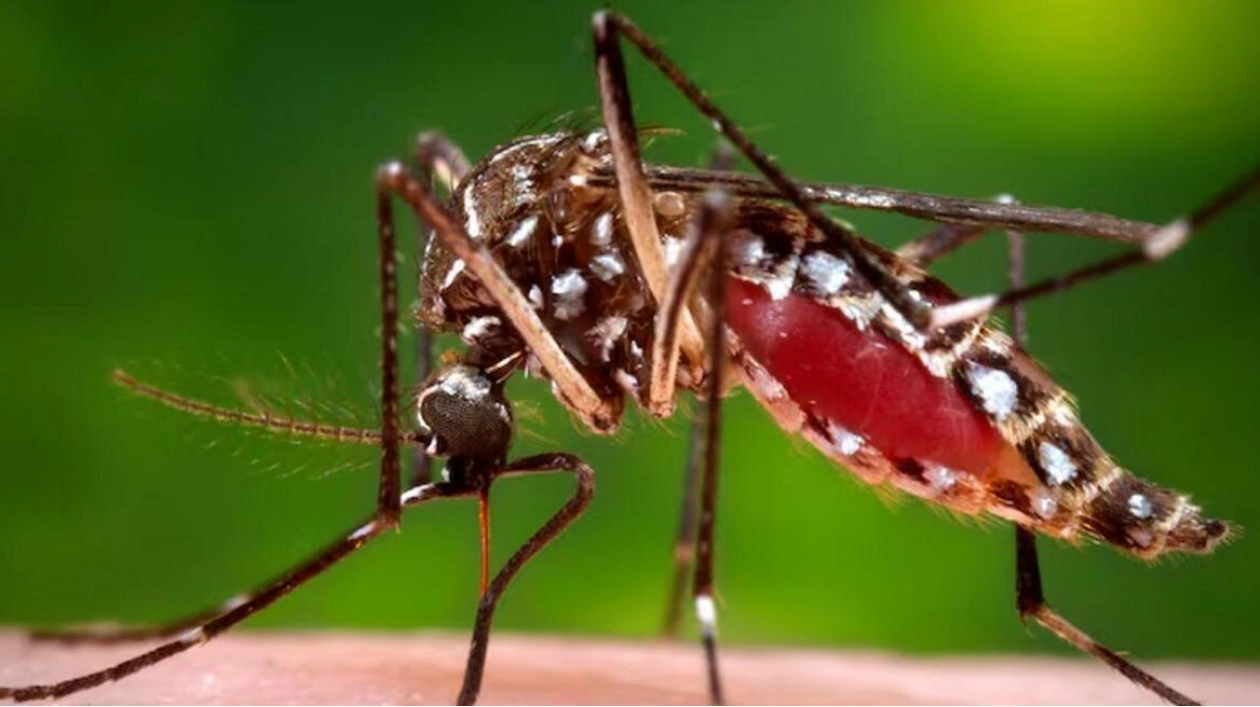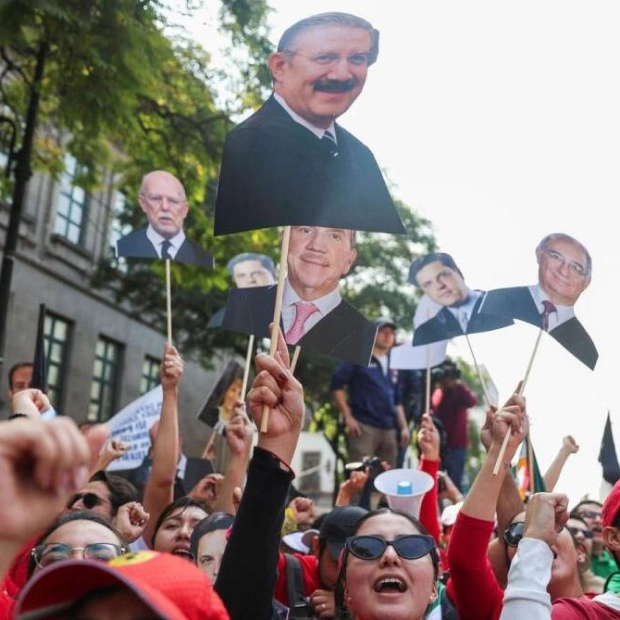Using technology to identify and eliminate mosquito breeding grounds and employing safe pesticides, the UAE has implemented various measures to curb the spread of dengue fever. Health and Prevention Minister Abdul Rahman bin Mohamed Al Owais informed the Federal National Council that more than 400 dengue-causing mosquito sites have been eradicated.
Attributing the surge in mosquito populations to unprecedented rains in mid-April, climate change, and urbanization, a Ministry of Climate Change and Environment official highlighted contributing factors. Additionally, advisories from the Ministry of Health and Prevention and Emirates Health Services outline dengue-related information, prevention strategies, symptoms, and guidelines for seeking medical assistance.
Dengue fever, a viral infection transmitted by the Aedes mosquito, cannot be directly passed from person to person. Diagnosed through blood tests, residents are urged to seek medical attention if they experience symptoms such as high fever, severe headache, joint and muscle pain, and skin rash.
While there is no specific medication for dengue fever, it can be managed with pain relief and other supportive measures. Infected individuals are advised to rest, increase fluid intake, and avoid mosquito bites. Prevention measures include reporting potential mosquito breeding sites, avoiding water accumulation, using repellents, wearing protective clothing, installing mosquito screens, maintaining yards, and eliminating stagnant water.
Providing insights into mosquito behavior, the Ministry of Health and Prevention underscores their lifespan, feeding patterns, year-round presence, and breeding habitats.






